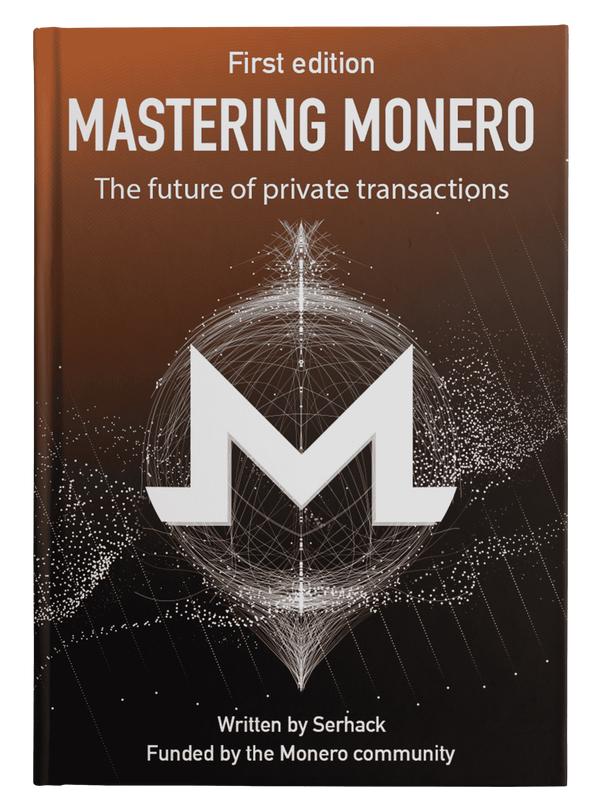How to Write a Technical Book
Published at – 10 min read – 1989 words

For some people, publishing a book represents a dream, or lifelong goal, whereby they share a particular experience or subject matter expertise.
In narrative books, behind every story, there is a moral that is often hidden and not always easy to understand. With more “technical” books, it is different ― as it goes beyond simply sharing. More specifically, writing a technical book means being a point of reference with regard to a particular topic. When diving into a technical book, your reader will likely want to explore the “What if…” and “How do you…” questions.
Let’s start at the beginning. Sharing a product you have spent time, energy, and money on is rewarding. At least for me, it was! In December 2018, I published my first technical book (and definitely not my last) titled Mastering Monero through Amazon Self Publishing and alongside a team of great people. It was exciting to receive early feedback from readers who praised both the content and writing style.
On the other hand, it was an intense and difficult journey. Writing a book is not easy and takes time ― a lot of time. I spent many days (and even some nights) imagining, refining, and rewriting the content without the help of a publishing house. Along with all this, I had to think about other aspects, such as marketing.
In an effort to help aspiring writers, I thought it might help to write an article with some essential tips for your journey. By following a few simple steps (some that were initially ignored by me), you will be able to enjoy a little more of the crazy adventure you are going to face: writing your first technical book!
In the following paragraphs, we will discuss:
- Choosing Your Idea: What Do You Want to Write About?
- Selecting the Audience: How Do You Want to Write It?
- Writing the Table of Contents or Outline
- Contacting Potential Publishers
Choosing Your Idea: What Do You Want to Write About?
“If there’s a book that you want to read, but it hasn’t been written yet, then you must write it.” – Toni Morrison
“I have an idea…I’m going to write a book about X.” If that is what you thought this morning after a delicious breakfast and/or good coffee, I will stop you there. Any content, especially a technical book, requires a degree of expertise on the topic being discussed.
When writing a technical book, not only will you be showing an in-depth knowledge on the topic(s) discussed, you will also need to be able to convey complex information in a way that is easy for your readers to understand. Being able to explain complicated topics in a way that even your grandparents can understand shows your mastery of the particular subject matter being discussed.
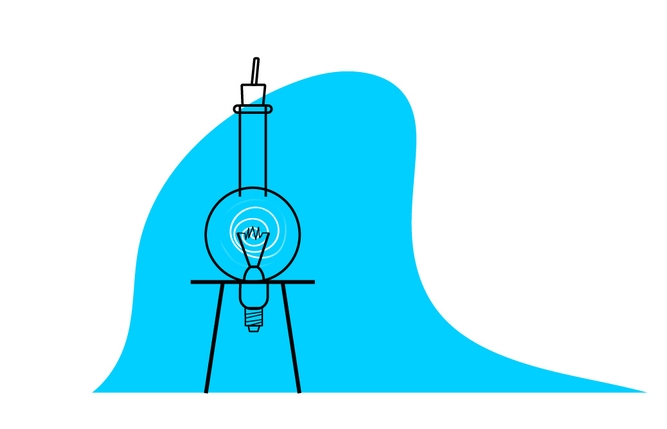
Writing about areas of focus that you know intimately ― after having spent weeks, months, or even years studying ― will make the writing process faster and easier, since you will not have to do as much research. In addition, your writing will present you as a subject matter expert.
In some instances, you will find that while explaining a topic, you may have to research the subject matter in a bit more detail. This supplemental research and its supporting material will be beneficial to expanding your own knowledge base and helping set a basic, foundational understanding for your reader.
When considering a topic to write about, ask yourself about other books related to your subject matter that might already exist. Also, you should ask yourself why you should be the person to write about this topic. These are important questions that you should consider at the onset of your adventure. You might be hesitant, but determination counts for a lot!
If you just want to write your “dream book” and commercial success is not a major concern to you, then go ahead and just write whatever you would like! There is nothing wrong with this approach. Many authors begin by writing about the topic(s) that interest them most. The experience of writing your first book is invaluable, whether you sell 10 copies or 1,000 copies!
Selecting the Audience: How Do You Want to Write It?
Without an audience, you have no perspective on the problem your book is solving other than your own experience. It is true that you should always try to solve your own problems first, but to be successful, you have to solve other people’s problems in the process. If you are not solving someone’s problem with your book, they will not buy it.
Put more simply, you will not have anyone to sell your book to. Sure, you can put your book up for sale on your website or on Amazon. It might sell a few copies, but having an audience that you can identify is critical to the success of publishing a book.
You do not necessarily have to write for a large market ― your audience does not have to be in the millions to get a book deal. What matters is that there should be enough potential buyers to make the book profitable for you and the publisher.
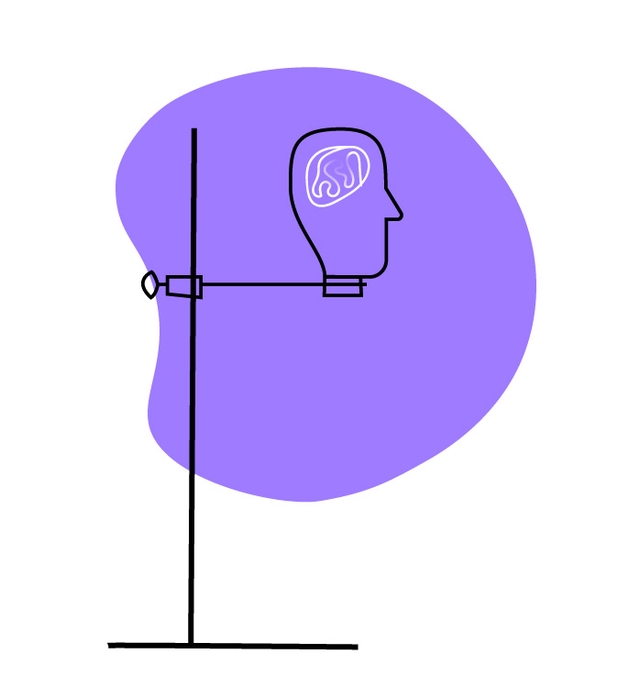
It is important to keep in mind that the audience sets the method of communication through which you will share your experience and knowledge. Unless, as an example, you are a university professor with tenure, avoid creating a purely academic and theoretical book. Otherwise, you readers will freak out!
Remember that you are not a professor, so ignore the idea of writing something like a university textbook. Getting a textbook adopted for a course is a rarity. For a textbook, most publishers will not engage with you unless you are a professor or a researcher with a PhD who is an expert in a specific field.
In your writing, be sure to give practical examples with solutions. When considering computer scientists, researchers, and engineers, they are looking for current information and knowledge that can be applied now to solve problems. It is fine to include relevant theory in a book for this audience, but keep it short and simple. Remember: write content that someone can use immediately.
Writing the Table of Contents or Outline
A good way to start writing content is to sketch out your book. Your proposal should include a summary paragraph of the content, a definition of your intended audience, a statement of need and potential, and a tentative outline of the chapter title.
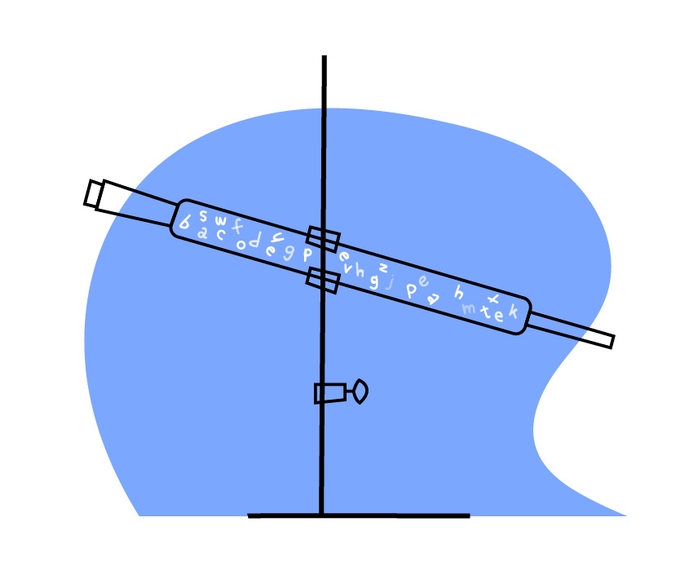
This is what a potential editor wants to see. In addition to this, many will want to see the preface and a sample chapter just to assess your writing ability and style. The entire exercise will provide you with a proposal to solicit publishers, but it will also reinforce your ideas.
Another important tip: Do not reinvent the wheel. Find as many other books and articles on your topic as possible and generate a list of them. Be comprehensive and scroll through (if not completely read) all of these sources.
Make a list of things you do not explicitly want to cover and reference the list of things you do not like about other books. Avoid the urge to start writing about elements of a topic you initially think are interesting unless you believe them to be relevant to your project.
For example, if a book is about the Bootstrap framework, you might not need an introduction to the history of HTML or how DNS works. On the other hand, an introduction to CSS and style rules might be a good section to include in your book.
When you have completed enough research to develop your ideas, you can use an outline to develop a draft of your proposal. As you write and review, you will continue to fill in details, add transitions, and present your acquired understanding of the subject matter.
Keep in mind that this is an outline of work and not a contract. As you continue your research, you may decide to organize the final proposal differently and even eliminate some information and add new sections.
Contacting Potential Publishers
If you follow the traditional model of publishing a book (i.e. with a publishing house), this section is for you. Once you have a specific topic for a book and a decent amount of content, it is a good time to talk with a publisher.
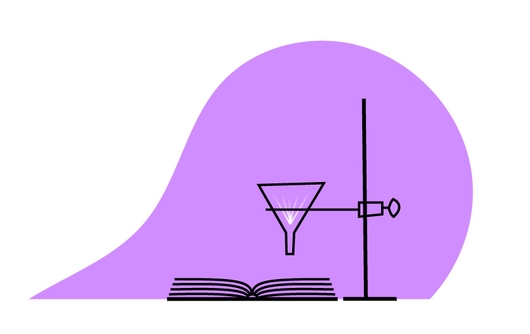
Take a look at books on the market that are similar to what you are writing to find out the names of publishers interested in your topic. Then, go to their website and contact an editor at the publisher to get a book proposal form. Publishers generally ask the same questions, though in different order.
A good proposal generally includes:
Your idea ― Provide a brief overview of the subject matter and how you want to discuss it. Be sure to write a summary built on top with all the key chapters. As always, it does not matter if you change this later. This just helps make your idea more concrete for the people who will be reviewing it.
The market ― You need to explain to them why your book is a good idea. Speculate a bit about the potential market and communicate why you are the best possible author to write the book. Your goal is to convince publishers about your idea! Including years of experience and some events that have shaped your career might help too!
A writing example ― To write a book, you need to show the publisher that you can write properly. Since editors will base their opinion on your sample, avoid grammatical errors or simple typos. From your text, they should be able to tell how interested you are in potentially publishing a book with them!
In addition to what you have included in your cover letter, most will want to know how you might market it (e.g., blogs, websites, radio). And by “How you might market it?”, I mean that it will primarily be up to you to promote your book.
Send your proposal along with a cover letter to potential publishers. There are many, especially small ones like O’Reilly, NoStarch, and Packt. I will write an article later regarding the top publishers that I think have great potential.
When in communication with a publisher, never accept rejection. When faced with rejection, another secret is that it often has nothing to do with the quality of your book or ideas. Many rejections are about a publisher’s business decisions and have nothing to do with you or your writing. Remember that they have a business to run.
You will not be the first! Plenty of well known writers’ submissions have been rejected. Did you know that JK Rowling’s Harry Potter series was rejected by 12 publishers? Agatha Christie struggled for five years before she got her first publishing contract! You, too, may have a long wait before you get a contract ― no, you will never be like Agatha Christie. :(
Currently, I have sent three different proposals to as many as five different publishing houses and only one of them responded that they were interested! Not once did I let rejection stop me from writing. The last piece of advice I will leave you with is to keep writing and make an effort towards improving your writing. Paraphrasing Da Vinci, “The noblest pleasure is the joy of understanding.” So, here is my question for you: If Da Vinci is correct, then why not write something that allows you to share your experience and knowledge?
Did I forget something? Want to get a technical opinion on your book? You can contact me at hi@serhack.me.

